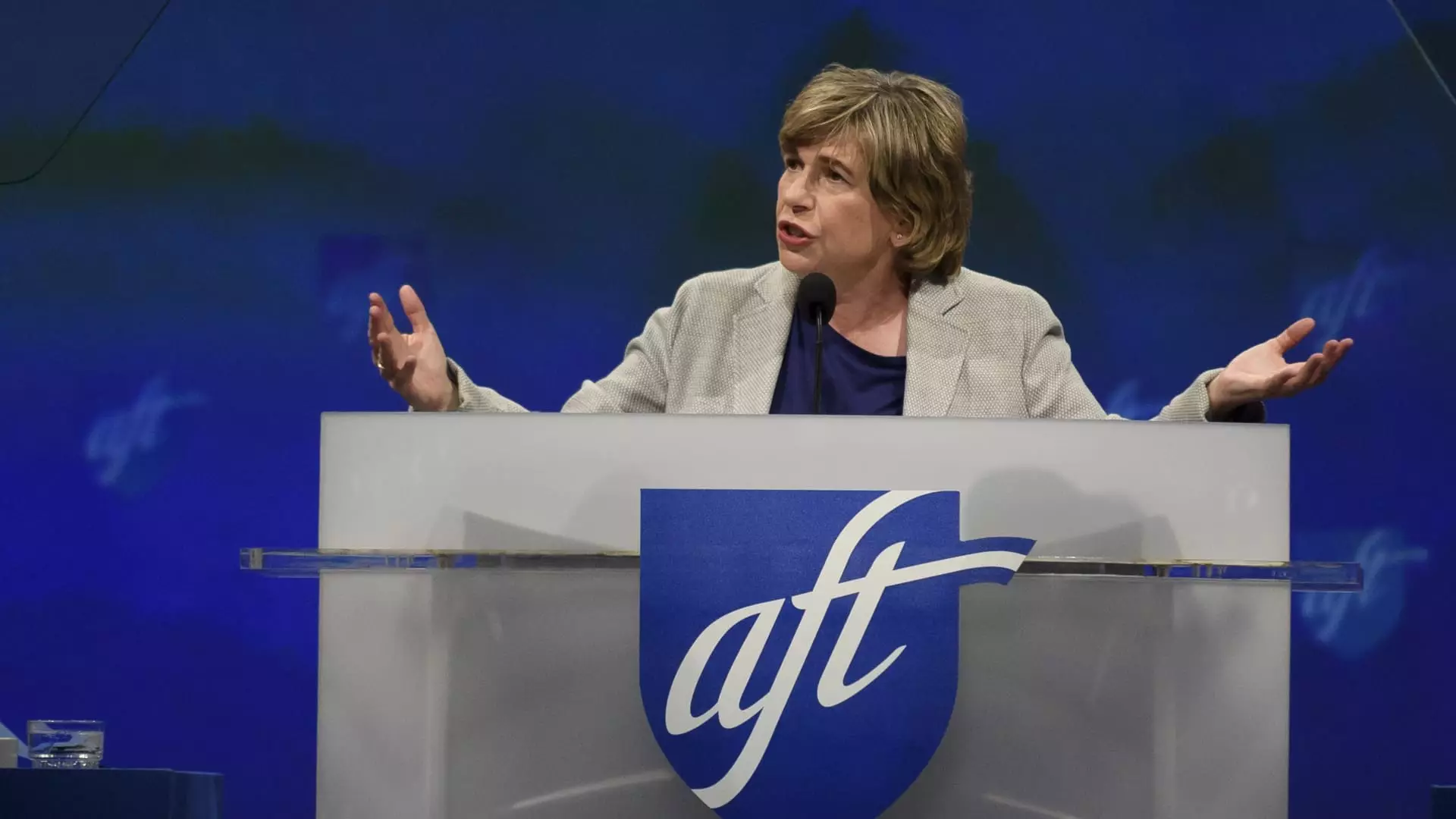The recent legal action spearheaded by the American Federation of Teachers exposes a profound ethical failure at the heart of U.S. higher education policy. While the rhetoric often champions accessibility and fairness, the reality reveals a systematic neglect of millions of borrowers desperately seeking relief. By refusing to implement income-driven repayment plans and Public Service Loan Forgiveness programs effectively, the Department of Education is not merely administratively inefficient—it is actively perpetuating economic hardship among those who serve the public good and deserve support. This pattern highlights a troubling disconnect between legislative intent and administrative execution, raising questions about the federal government’s commitment to equitable opportunities for all borrowers.
The backlog in processing applications—potentially delaying relief for years—serves as undeniable proof that the department’s failures are not accidental but ingrained in the system’s dysfunctionality. For borrowers drowning in debt, this inaction transforms what should be a safety net into a punitive trap. It’s unconscionable that qualified individuals, including public servants and educators, remain stuck in limbo despite their eligibility. The silence from the Department of Education regarding these failures only deepens the perceived indifference of an institution that ought to champion fairness, not undermine it.
The Human Toll of Bureaucratic Neglect
Behind the cold statistics lie stories of real human suffering—stories that challenge the notion that debt relief is merely a bureaucratic matter. The woman owing nearly $200,000 after decades of repayment exemplifies the cruel irony embedded in this system. She has long fulfilled her responsibilities yet continues to face the threat of ongoing hardship because of administrative neglect. Meanwhile, another borrower, burdened with an astonishing $756,000 debt, remains in limbo despite being eligible for forgiveness months ago. These aren’t isolated cases; they reveal a pattern where eligibility and entitlement are undermined by sluggish, unresponsive bureaucratic processes.
Such failures have tangible consequences. Borrowers are not just waiting idle—they are living with ongoing financial stress, limited opportunities, and often diminished trust in public institutions meant to serve them. Instead of fostering a system rooted in support and fairness, these policies reflect a disturbing tendency to prioritize bureaucratic inertia over the needs of hardworking individuals. Justice demands that such delays be addressed with urgency, transparency, and genuine accountability, instead of hidden bureaucratic hurdles that prolong suffering.
A Shift Needed from Administrative Apathy to Genuine Reform
This ongoing crisis exposes the critical need for a paradigm shift in how student debt relief programs are managed. The current approach—characterized by delays, insufficient transparency, and administrative bottlenecks—serves as a barrier rather than a bridge to economic mobility. It’s not enough to legislate support; the government must also ensure that policies are implemented effectively and compassionately.
Reforming these systems isn’t just about clearing application backlogs; it’s about recognizing the moral obligation to treat borrowers with dignity and respect. Policies like income-driven repayment and PSLF were designed to provide relief and support, serving as vital tools for those in public service and struggling students. The failure to deliver these benefits not only undermines public trust but also erodes the very foundation of social equity. Real change will require political will, increased transparency, and a commitment to addressing systemic failures head-on, rather than perpetuating bureaucratic obstacles that serve no one’s interest but those of an uncaring system.
In challenging the status quo, advocates and policymakers must recognize that education debt is a social justice issue. It’s time to move beyond superficial reforms and embrace comprehensive strategies that prioritize fairness, accountability, and human dignity. The promise of higher education as a pathway to opportunity can only be fulfilled if the systems supporting borrowers are transparent, responsive, and genuinely aligned with the public good. Anything less is an abdication of moral responsibility and a betrayal of those who dedicate their lives to serving others and society.

